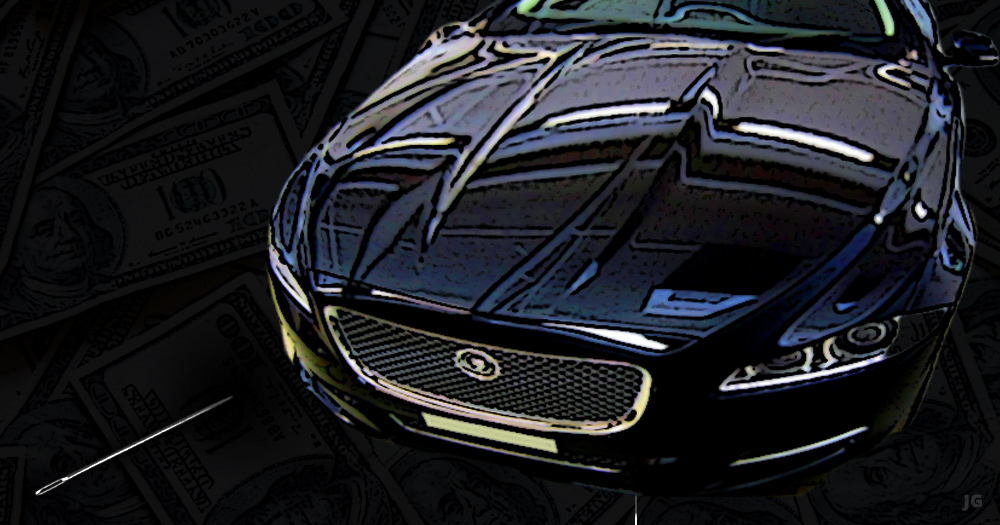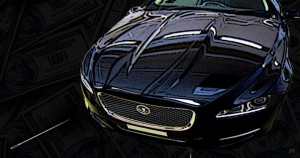There was a great and wondrous moment, a decade and a half ago, when economist Paul Krugman, Nobel Laureate and New York Times’s unregistered shill for the Democratic Party, suggested that what the economy really needed was another housing bubble.
What he wrote, specifically, was this: “To fight this recession, the Fed needs more than a snapback; it needs soaring household spending to offset moribund business investment. And to do that, as Paul McCulley of Pimco put it, Alan Greenspan needs to create a housing bubble to replace the Nasdaq bubble.”
Krugman later reinterpreted that statement in a clever (if not convincingly honest) way. After the subprime loan industry collapsed in 2008, he attributed that bust to financial market malfeasance, not the Fed-inflated bubble we got … and that he had previously called for.
Now we are looking at several ready-to-burst bubbles:
- The student loan debt problem seems scary.
- The sovereign debt problem is undoubtedly more dangerous and far larger, but is perhaps still able to take on more fake money — all the world’s 1s and 0s have to go somewhere!
- So the current bets seem to be on a huge auto loan industry bubble, about to pop.
Loan terms have increased in duration, and the average amount new car buyers are financing has jumped over 17 percent in five years. The idea has been “to continually lower monthly payments,” says David Stockman, “so people can get behind the wheels of vehicles they can’t really afford.”*
Which bubble does Krugman favor? I don’t have the stomach to check.
But, be certain, as we play pop goes the bubble, he’ll play pop goes the weasel.
This is Common Sense. I’m Paul Jacob.
* Stockman seems to be echoing warnings made by Eric Peters, of Eric Peters Autos.



